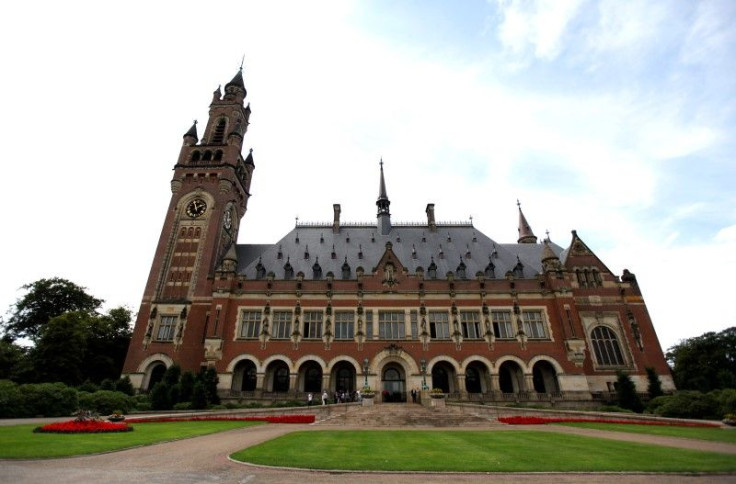UN Court Absolves Serbia And Croatia Of Genocide For Lack Of Proof In 1990s War

The United Nations International Court of Justice (ICJ) ruled on Tuesday that neither Serbia nor Croatia had committed acts of genocide in the events following the collapse of the Socialist Federal Republic of Yugoslavia.
The court, which deliberated Tuesday on accusations of genocide by Serbia and Croatia against each other, ruled that neither party had been able to prove that the other had committed an act of genocide. The crimes in question were allegedly committed during the Croatian independence war, which followed the breakup of the former Yugoslavian republic, and left about 20,000 people dead between 1991 and 1995.
"In the absence of proof of the necessary intent, the Court finds that Croatia has failed to substantiate its allegation that genocide or other breaches of the Convention were committed," the court said in a statement, adding, "the Court considers that the existence of an intent to destroy, in whole or in part, the national or ethnical group of the Serbs in Croatia has not been proved in this case."
The ICJ ruled that Serbia intended to create a Serbian state by driving the Croatian population away from a region instead of destroying it, while noting that the acts of Croatian troops were not on a scale sufficient to establish an intention of genocide.
The Croatian government had accused Serbia of committing genocide in the town of Vukovar in 1991. The Vukovar incident, and a subsequent 87-day siege by the Yugoslavian army, is said to have left over 2,000 dead and displaced tens of thousands of people. The court also ruled that Serbia cannot be found guilty of acts committed before April 27, 1992, when the country signed the genocide convention, according to a livestream of the court's deliberations.
Serbia had filed a counterclaim against the forced expulsion of 200,000 Serbs from Croatia, in an incident where the Croatian military bombarded a majority Serb area, in an exercise called Operation Storm. The proportion of ethnic Serbs in the area had reportedly dwindled to 4 percent from 12 percent before the attack.
The initial filing to the ICJ was made in 1999, accusing Slobodan Milosevic, president of the erstwhile Yugoslavian republic, of waging a systematic campaign of violence against ethnic Croats. Milosevic was tried for genocide at the International Criminal Tribunal and Yugoslavia was broken up into a collection of states including Serbia, Croatia, and Bosnia and Herzegovina. Serbia’s counterclaim was filed in 2010.
Croatia had demanded financial compensation, the punishment of war criminals, information about all missing persons and the return of stolen cultural heritage, according to reports.
Since it began in 1946, the court has only ever recognized one incident of genocide previously -- when it ruled in 2007 on the massacre at Srebrenica, where over 8,000 ethnic Bosnians were killed by Serbian troops led by infamous war criminal Ratko Mladić. The court also issued a reminder that it can only prosecute the acts of states, and cannot determine individual criminal responsibility.
Relations between Serbia and Croatia have since normalized, with Croatia joining the European Union and helping Serbia with its own membership process. However, Serbia was outraged when the commander of Operation Storm was cleared on appeal by the ICT in 2012, the BBC reported.
Serbian Foreign Minister Ivica Dacic had said that the ruling was impossible to predict, but expressed faith in the court’s decision, Serbian media outlet InSerbia reported. “I expect that the International Court of Justice will indeed be a court of justice,” he had said at a press conference Monday.
© Copyright IBTimes 2024. All rights reserved.





















